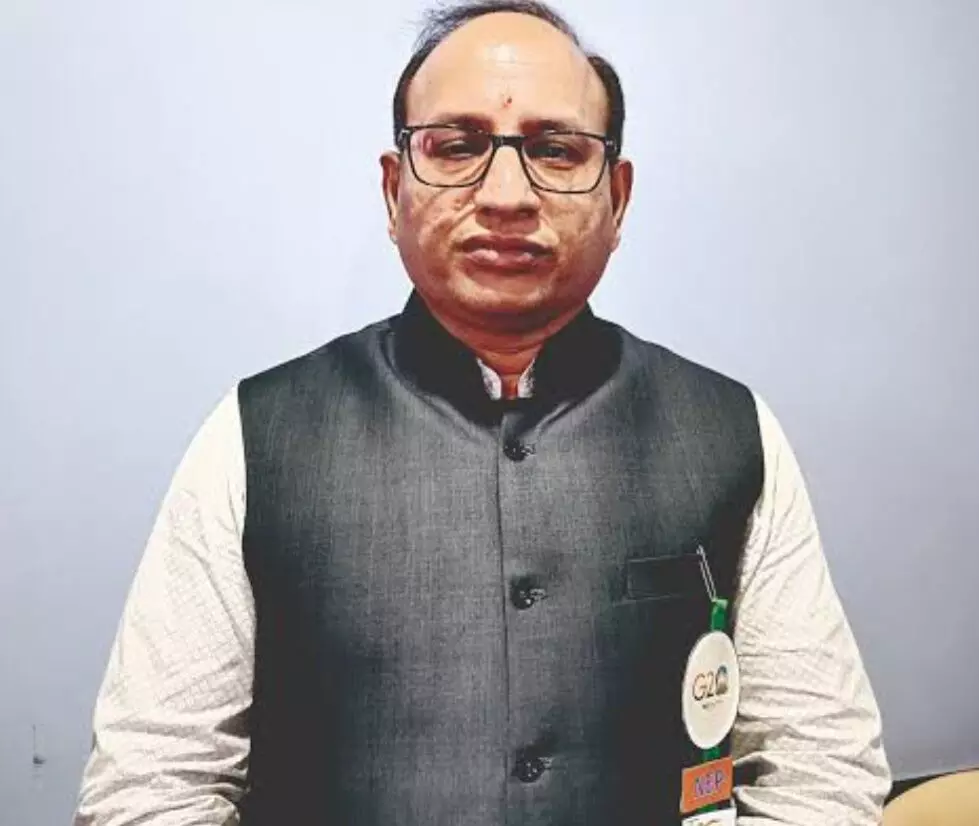‘NEP 2020 will change Indian education system for the better’
The regional officer of CBSE Bhubaneswar identifies capacity building of the teachers as the primary challenge in implementing NEP 2020

K Srinivasan, regional officer, CBSE Bhubaneswar believes National Education Policy (NEP) 2020 will result in the holistic development of the learners as it emphasises conceptual understanding rather than rote learning. In Kolkata to attend a state-level conference on foundational literacy and numeracy, and NEP 2020, Srinivasan speaks to Millennium Post on the benefits and challenges of this progressive education policy.
How does the NEP 2020 plan to transform the school education system?
NEP 2020 is already in the implementation phase. The policy will slowly but gradually change the Indian education system for the better. The goal of the NEP 2020 is to transform the education system into a knowledge hub by 2040. So, it cannot happen overnight.
What according to you are the major changes NEP 2020 will bring about?
NEP 2020 prioritises child-centric education to foster the development of well-rounded individuals. With an emphasis on critical thinking and competency-based learning, the policy encourages conceptual understanding over content-based education. Moreover, it recognises the importance of nurturing young talents, giving childhood education a significant focus.
How does NEP 2020 propose to reduce the burden of examinations and rote learning?
The whole concept of NEP 2020 is to make learning inclusive, enjoyable, and engaging. The policy highlights that the learners can choose their learning trajectories and programmes and therefore, choose their paths in life.
Do you think NEP 2020 will bridge the gap between rural and urban school education?
NEP respects diversity and education in the local language. This will make learning more understandable and interesting also. In fact, NEP also highlights the need to employ local teachers or those with familiarity with local languages. In the urban sector, there’s a craze for English-medium education. But the rural areas may not have that exposure or resources. There, the NEP model stresses learning in their language.
What do you think are the roadblocks in the implementation of NEP 2020?
According to me, capacity building of the teachers is the major challenge. This need has already been recognised under CBSE. CBSE has already started giving importance to the capacity building of teachers through the Centre of Excellence (CoE) for teacher training. Now, we have around 17 regional offices, and with every centre has a CoE. We run various programmes for teachers both offline and online. Once this challenge is tackled, the execution of the policy will become more seamless.
NEP 2020 has a special focus on technology in educational planning and management. So, how are we gearing up for a digital future?
NEP emphasises leveraging the potential of digital education, aiming to integrate online learning alongside traditional methods. The Covid-19 pandemic highlighted the significance of digital education and its ability to open new avenues for learning.



